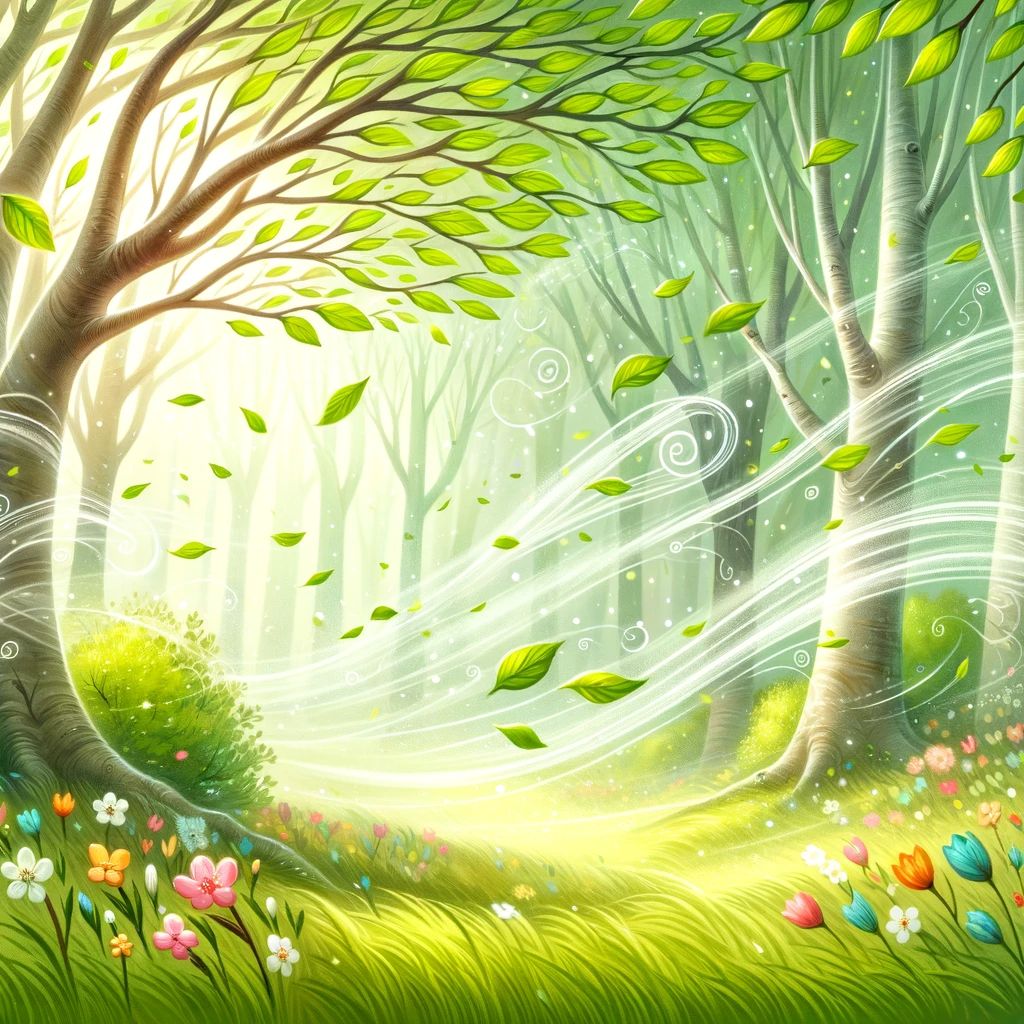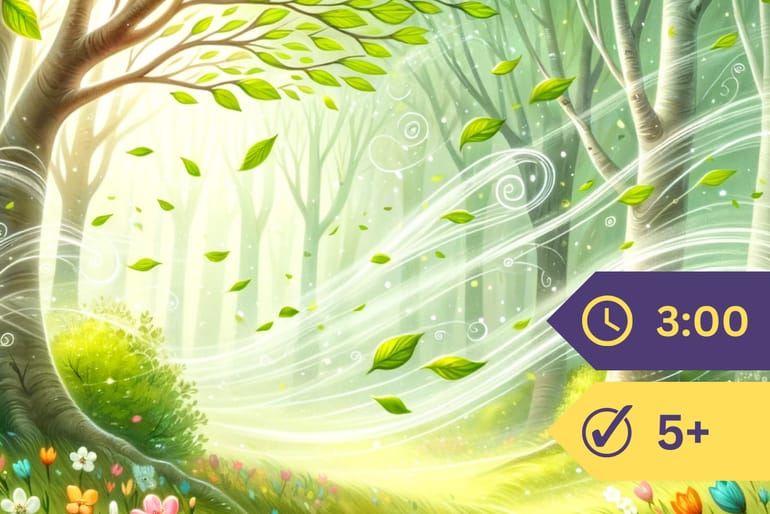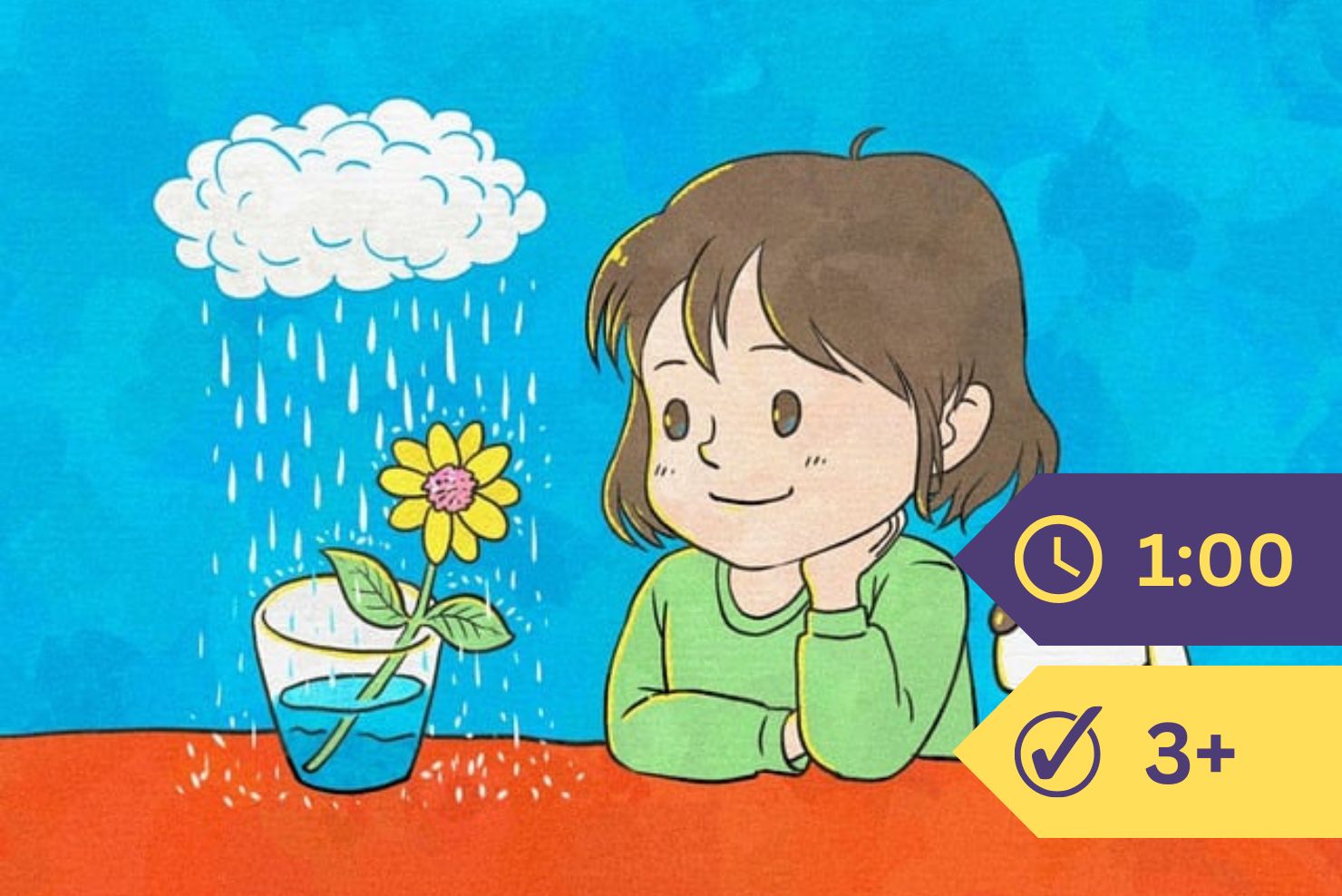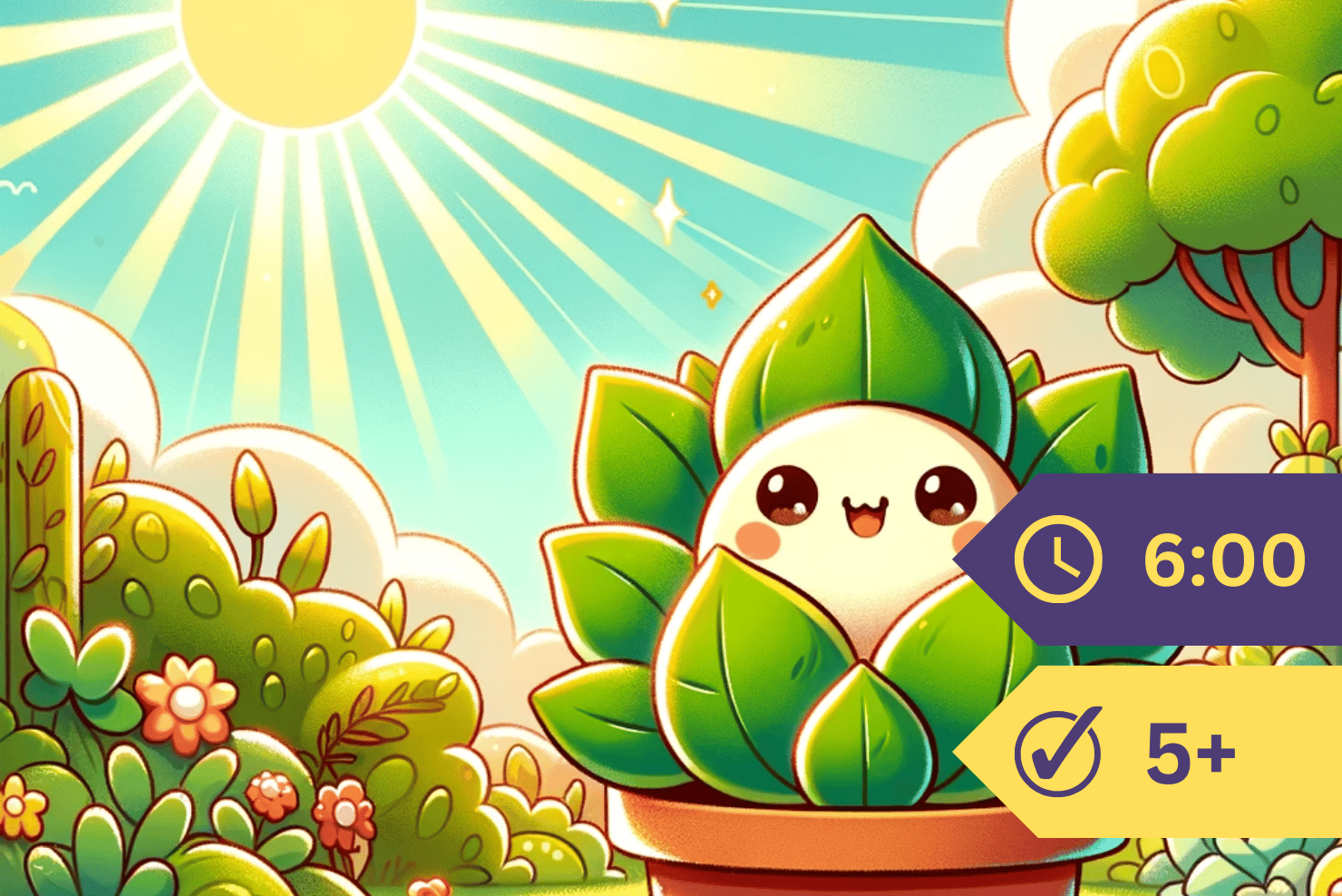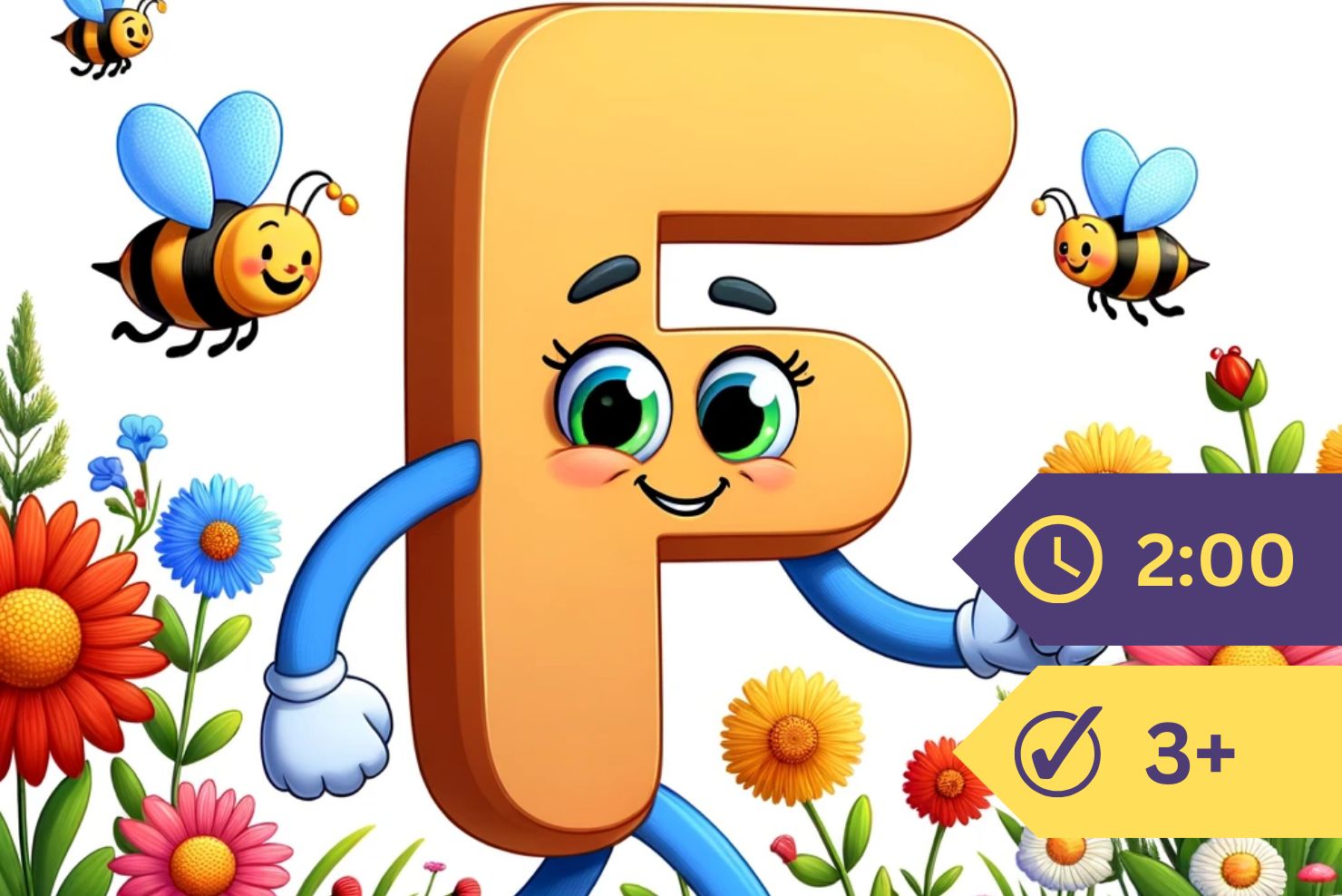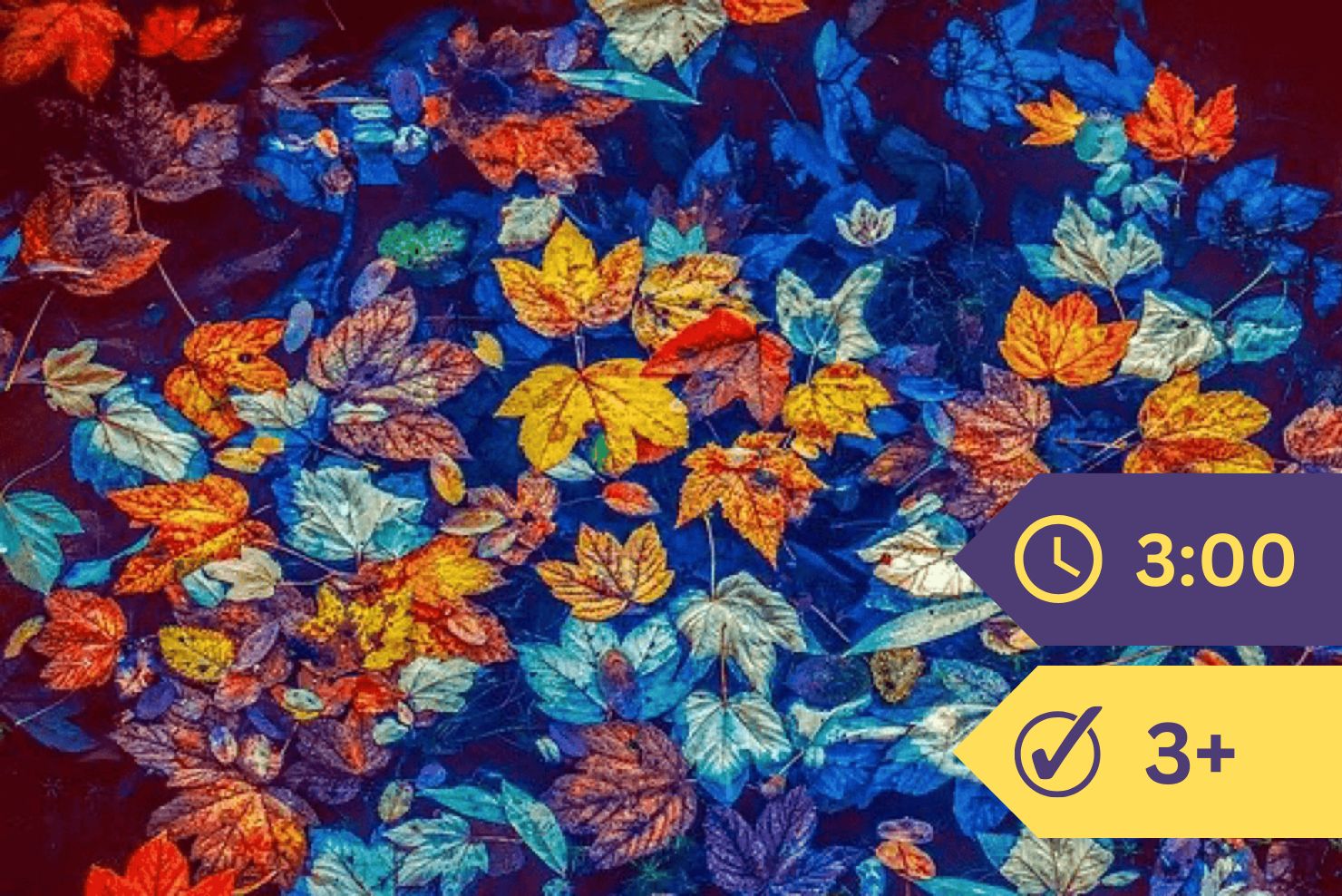I promised to tell you why so many of the trees flower before they leaf.
Many of these tree blossoms are neither bright enough to attract the attention of the bees and butterflies, nor so fragrant as to tempt the passing insects to visit them; for when the flower handkerchiefs are not large and bright enough to signal the bees, the blossom often gives notice of its presence by a strong perfume. How, then, is the pollen from one flower to reach the pistil of another? And especially how can this be arranged when the flowers with pollen may live quite a way off—on another tree, in fact—from the flowers with pistils?
“Perhaps the birds carry it,” suggests some child.
But if these little flowers are not beautiful enough, or sweet-smelling enough, to please the bees and butterflies, it is hardly probable that the birds will pay them any attention.
So let us go out into the woods with our eyes and our ears wide open, and see if we can discover some flower visitor that does not ask for fine clothes and sweet smells.
Through the bushes comes the lisp of the song sparrow. From overhead falls the note of the bluebird. The bees are buzzing about the golden willow tassels. On the top of an old tree trunk a butterfly is drowsing in the sun’s rays. But already we know that neither bird, nor bee, nor butterfly will go out of its way to help our pale, scentless little tree blossoms.
A squirrel darts from under cover, and runs along the stone wall. Among the dead leaves at our feet a little striped snake lies in a sluggish coil. But squirrel and snake would be alike useless as flower visitors.
We are almost tempted to give up trying to guess the answer to the riddle. Somewhat discouraged, we stop to rest on an old log overgrown with delicate mosses.
A soft, sighing sound creeps through the pines at the foot of yonder hill. Over the little hollow sweeps a gust of wind. A faint cloud, as of dust, fills the air. One of the children begins to sneeze. Where can the dust come from? The roads are still deep with mud. And, besides, ordinary dust does not make us sneeze as though it were pepper.
Ah, my friend, you are getting warm, very warm indeed; for this dust is no dried earth from the highroad. No, it is made up instead of golden grains from the dust boxes that are swaying in the wind on yonder trees. And as the trees just now are bare of leaves, the journey of the pollen through the air is an easy matter. It is carried along by the wind, settling here, there, and everywhere, sometimes in our throats and noses in such a fashion as to make us sneeze, but also on the tops of many little pistils whose seeds cannot ripen without its gift of new life.
And so, although we have not seen the visitor who befriends these little flowers that are neither beautiful nor fragrant, we have heard his voice as it came whispering through the pines; and we know that this whisper is the gentle voice of the wind.
Now you understand that it is well for those trees whose flowers depend upon the wind for their pollen, to blossom before their leaves are out, and thus likely to interfere with the pollen in reaching its destination.
